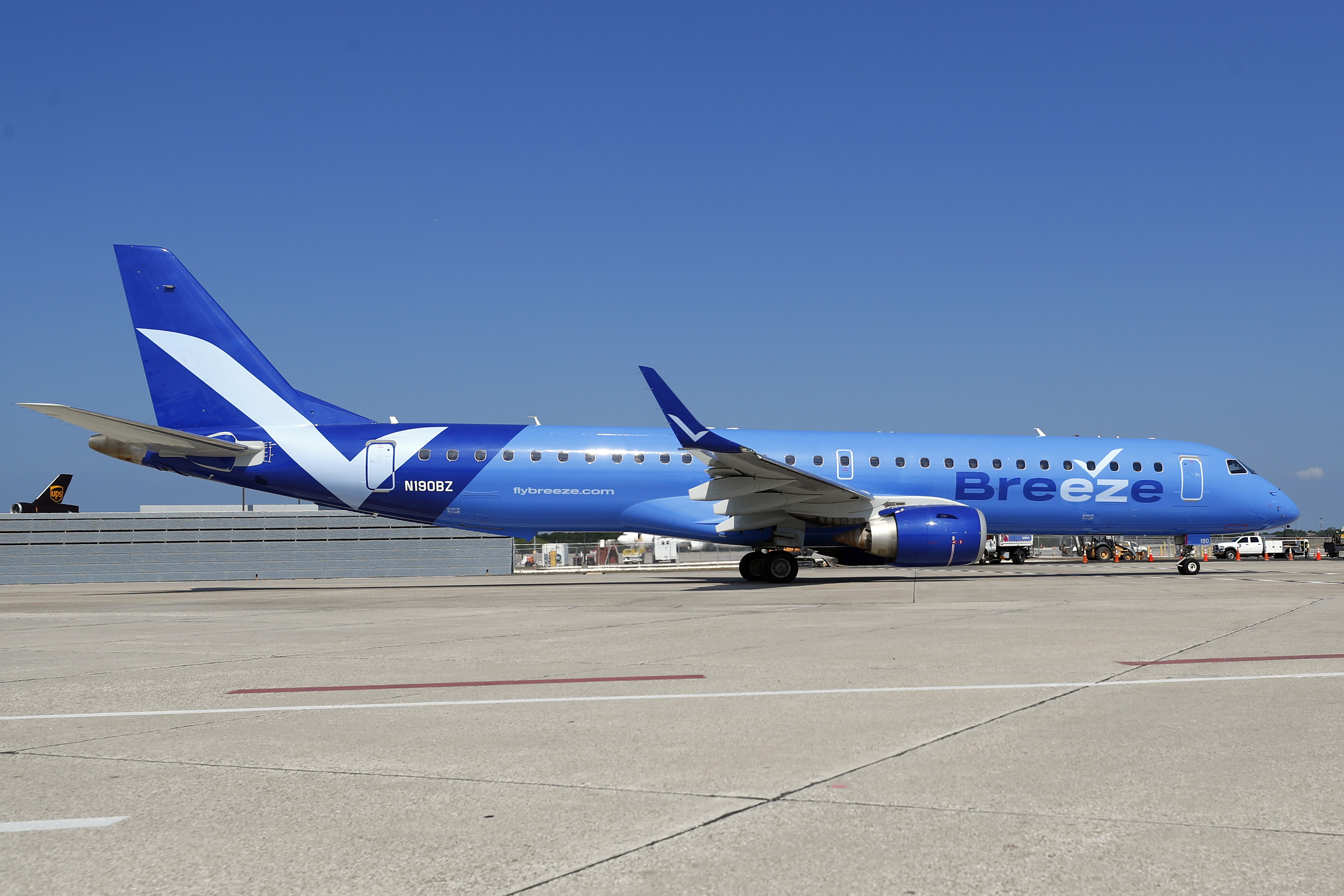What to Know
- The U.S. has already confirmed more measles cases this year than it did all of last year; NYC, New Jersey and Long Island have reported cases, and the CDC has issued a national warning
- Unvaccinated people have a 90% chance of becoming infected if exposed. Measles is spread by direct contact with nasal or throat secretions of infected people
- People first develop a fever, then may have a cough, runny nose and watery eyes, followed by a rash. They are considered infectious from four days before the rash appears to four days after it appears
The number of confirmed measles cases across the U.S. nearly doubled in the last two weeks, dwarfing the total for all of last year, according to new CDC data released Thursday.
Cases have been reported in New York City, New Jersey and on Long Island, though exact numbers remain under investigation. Nationwide, the CDC reports 113 measles cases as of April 4. Two weeks ago, the total was 64, which surpassed the 2023 total of 58 confirmed cases.
Measles is a highly contagious, viral respiratory disease -- and a CDC report out Thursday says cases in the first three months of 2024 were 17 times higher than the average number seen in the first three months of the last three years.
Get Tri-state area news and weather forecasts to your inbox. Sign up for NBC New York newsletters.
The alarming rise prompted a CDC warning last month as well as an alert from the New York State Department of Health, regarding a Nassau County case. Reports of cases continue to climb.
While health officials seem to be doing a good job detecting and responding to outbreaks, “the rapid increase in the number of reported measles cases during the first quarter of 2024 represents a renewed threat to elimination,” the report’s authors said.
The single best way to prevent measles is to be vaccinated. Individuals should receive two doses of MMR vaccine to be fully protected. In New York State, measles immunization is required of children enrolled in schools, daycare, and pre-kindergarten. Since August 1990, college students have also been required to demonstrate immunity against measles.
Local
People are considered protected or immune to measles if they were born before 1957, have received two doses of measles, mumps, rubella (MMR) vaccine, have had measles disease, or have a lab test confirming immunity.
Unvaccinated people have a 90% chance of becoming infected if exposed. Measles is spread by direct contact with nasal or throat secretions of infected people.
Anyone concerned they may have been exposed is advised to contact their healthcare provider, a local emergency department or a local clinic before going for care to reduce further exposure risk.
People first develop a fever, then may have a cough, runny nose and watery eyes, followed by a rash. They are considered infectious from four days before the rash appears to four days after it appears. Symptoms usually appear 10 to 12 days after exposure, but may appear as early as seven days and as late as 21 days after exposure.
Preventive treatment for measles is recommended for those without evidence of immunity as follows: MMR vaccine can be given to eligible exposed individuals within 72 hours of exposure or immune globulin can be administered within six days of exposure.
For additional information about measles, visit the New York Department of Health website here. Learn more about the vaccine here.



